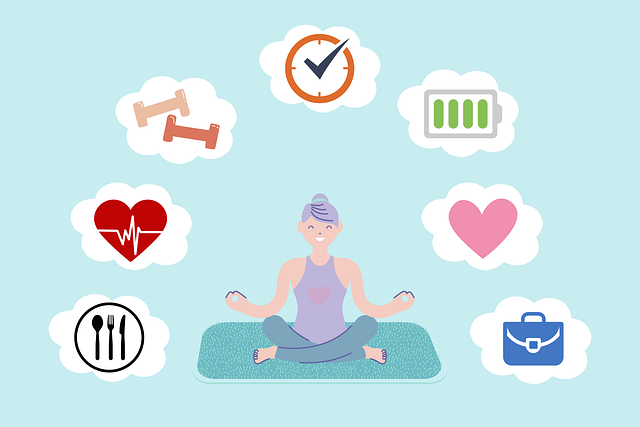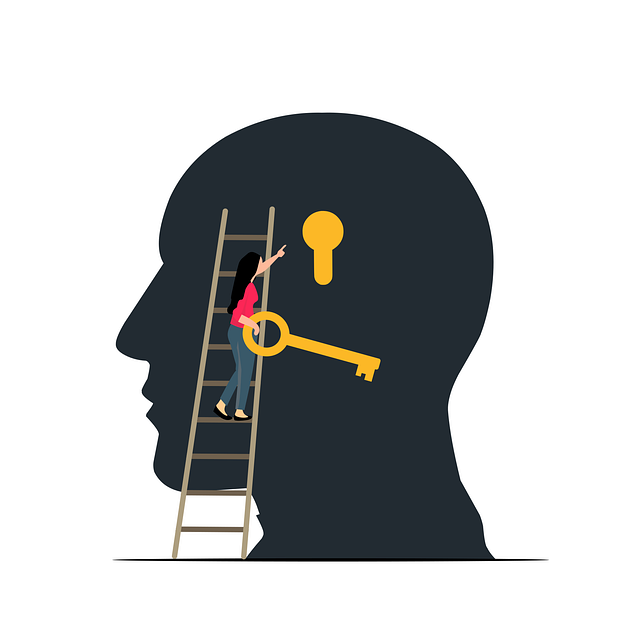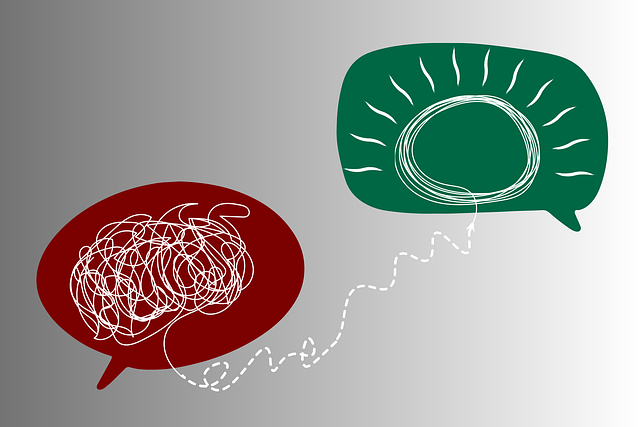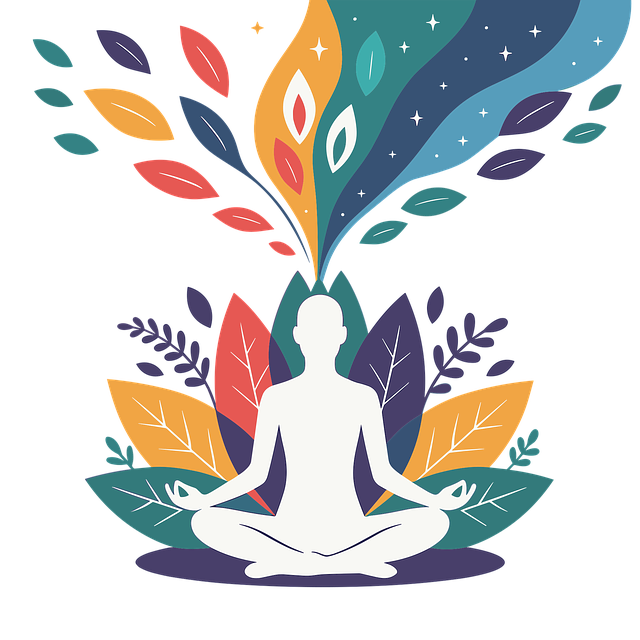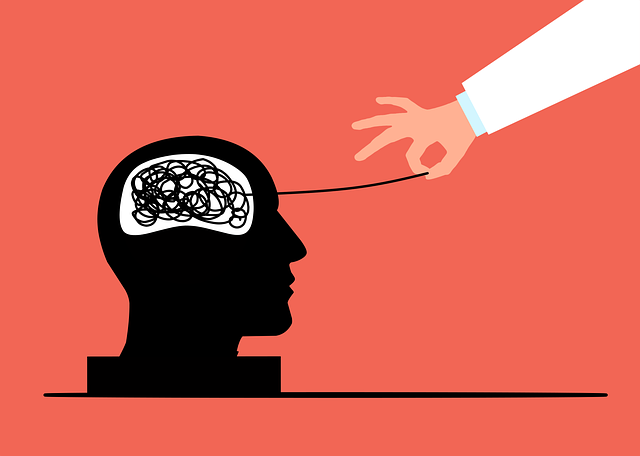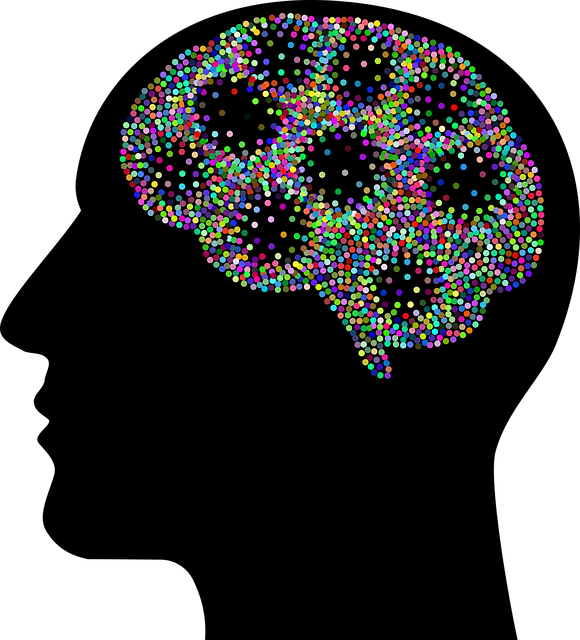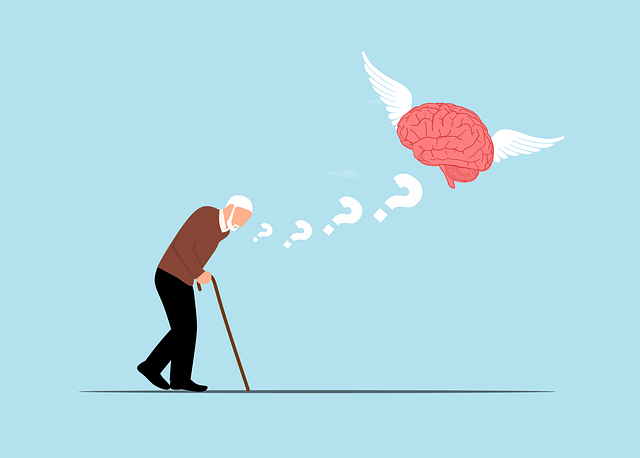Mood regulation through Littleton Biofeedback Therapy is revolutionizing stress management and burnout prevention in high-pressure healthcare settings. This holistic approach combines biofeedback with mindfulness techniques, teaching individuals to control physiological responses and enhance emotional resilience. By integrating positive thinking and social skills training, it empowers healthcare providers to improve job satisfaction and mental health. Daily mood management practices, including mindfulness exercises and Littleton Biofeedback Therapy, promote proactive emotional well-being. Public awareness campaigns and professional training are vital to making these resources accessible for effective mood regulation.
Mood regulation is a crucial aspect of emotional well-being, and understanding effective strategies can significantly enhance our daily lives. This article explores various techniques to manage and stabilize moods, focusing on the unique benefits of Littleton Biofeedback Therapy. We delve into the science behind mood regulation, its holistic approach, and real-world applications that empower individuals to take control of their mental health. By combining scientific knowledge with practical tools, we can navigate life’s challenges with resilience.
- Understanding Mood Regulation: Unraveling Emotional Balance
- The Role of Biofeedback Therapy in Littleton: A Holistic Approach
- Techniques for Daily Mood Management: Empowering Yourself
- Benefits and Real-world Applications of Biofeedback for Mental Wellbeing
Understanding Mood Regulation: Unraveling Emotional Balance

Understanding Mood regulation is a crucial aspect of achieving emotional balance. Our emotions are complex responses that involve both physiological and psychological components. In today’s fast-paced world, healthcare providers often face high-stress situations, leading to potential burnout if not managed effectively. This is where mood regulation strategies come into play, offering powerful tools for coping with stress and maintaining a sense of well-being.
Littleton Biofeedback Therapy is one such strategy gaining recognition. By teaching individuals to control their physiological responses, this therapy empowers them to manage stress, anxiety, and even depression. Combining this with positive thinking techniques and mindfulness meditation can create an effective triad for emotional resilience. Burnout prevention strategies for healthcare providers should prioritize these practices to enhance job satisfaction and overall mental health.
The Role of Biofeedback Therapy in Littleton: A Holistic Approach

In Littleton, biofeedback therapy is emerging as a holistic approach to mood regulation, offering individuals a powerful tool for gaining control over their mental and emotional states. This non-invasive technique teaches people how to consciously regulate physiological responses, such as heart rate, muscle tension, and skin temperature, which are often associated with stress, anxiety, and mood disorders. By using sensors and real-time feedback, clients learn to recognize the physical signs of emotional shifts and respond appropriately, fostering a deeper connection between mind and body.
Beyond biofeedback, Littleton Biofeedback Therapy integrates social skills training and positive thinking techniques, drawing upon the profound impact of Mind Over Matter principles. These complementary approaches empower individuals to manage stress more effectively, enhance their emotional resilience, and cultivate a more positive outlook—all of which contribute to improved overall well-being.
Techniques for Daily Mood Management: Empowering Yourself

Incorporating daily mood management techniques into your routine can be a powerful tool for emotional well-being. Empowering yourself with these strategies allows for a proactive approach to mental health, enabling individuals to navigate life’s challenges more effectively. One effective method is practicing mindfulness, which involves being fully present in the moment and observing thoughts and feelings without judgment. Simple breathing exercises or guided meditations can be easily incorporated into daily routines, helping to calm the mind and regulate emotions.
Littleton Biofeedback Therapy is another valuable tool that combines relaxation techniques with real-time feedback from sensors. This helps individuals gain a deeper understanding of their physiological responses to stress and allows for more precise control over their body’s reactions. By mastering biofeedback, people can enhance their confidence boosting abilities and develop a stronger sense of self-regulation. Additionally, public awareness campaigns development and healthcare provider cultural competency training play a crucial role in promoting these strategies, ensuring that everyone has access to the resources needed for effective mood regulation.
Benefits and Real-world Applications of Biofeedback for Mental Wellbeing

Biofeedback is a powerful tool that has gained significant attention in the field of mental wellness. This non-invasive technique allows individuals to gain control over their physiological responses, leading to improved emotional regulation and overall mental wellbeing. One of the key benefits of biofeedback is its ability to enhance self-awareness exercises, enabling people to understand and manage their stress levels more effectively. Through Littleton Biofeedback Therapy, individuals can learn to recognize and modify their bodily reactions in response to various stimuli, fostering a deeper sense of control over their moods.
In real-world applications, biofeedback has been instrumental in developing public awareness campaigns for mental health. By educating people on the connection between physical and mental states, these campaigns encourage proactive mood regulation strategies. Moreover, risk assessment for mental health professionals can benefit from incorporating biofeedback techniques to better support clients and improve treatment outcomes. This evidence-based approach not only aids in managing existing conditions but also promotes resilience and overall mental health in diverse populations.
Mood regulation is a powerful tool for enhancing mental wellbeing, and Littleton Biofeedback Therapy offers a holistic approach through biofeedback techniques. By understanding emotional balance and employing daily management strategies, individuals can gain control over their moods. The benefits of biofeedback are evident in various real-world applications, making it an accessible and effective method for improving overall mental health. Integrating these practices into daily life allows folks in Littleton to navigate and transform their emotional landscapes.
